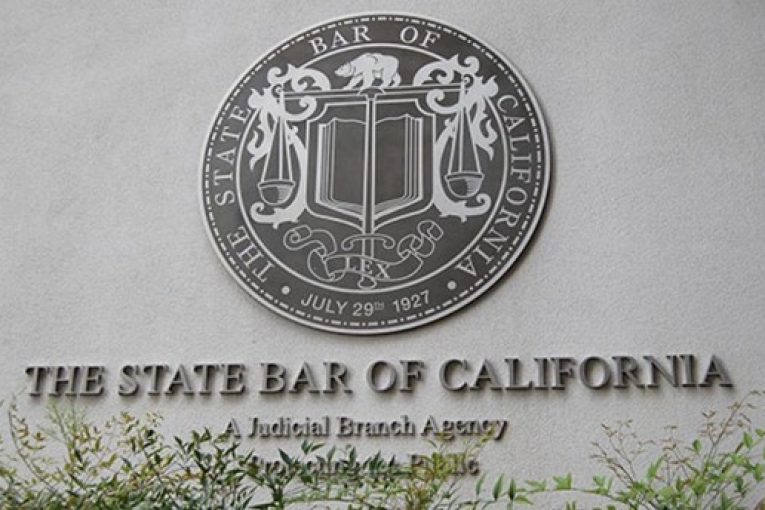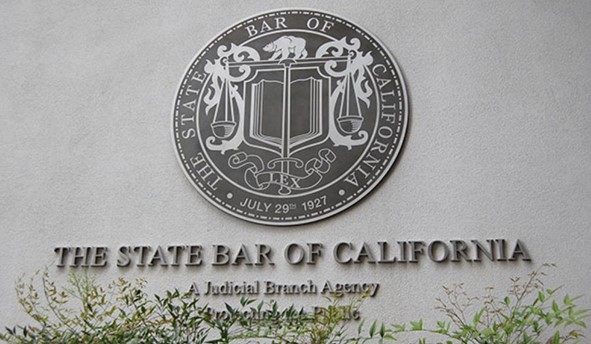

By Robert J Hansen
Sacramento, CA – The State Bar of California wants to have more rigorous regulation of the legal document assistant (LDA) profession by complete supervision and control according to the California Association of Legal Document Assistants (CALDA) Board of Directors.
Legal document assistants (LDA) help people who are representing themselves in a legal matter such as a civil dispute or divorce case.
They assist individuals by filling out legal documents, providing general, factual information written or approved by an attorney as well as filing and serving legal documents at their clients’ direction according to Abrahim Bagheri, Senior Attorney with the California Bar.
They cannot, however, give legal advice, select forms, or give any recommendations, advice, or assessments of a client’s case.
“Legal document assistants must enter a written contract with you,” Bagheri said. “The contract must state they are not attorneys and they cannot perform legal services that attorneys do.”

The enabling legislation for LDA’s is set to expire on December 31, 2023, so the CALDA submitted legislation to extend the expiration of the law to eliminate the sunset clause entirely or at least gain a longer renewal period.
“It quickly became apparent that this time around the sunset provision extension would not be smooth sailing,” the CALDA said. “The Judiciary Committee legal counsel made it quite clear that we would need to be subject to a much more rigorous regulatory framework, which we soon learned meant complete control by the State Bar, as opposed to continuing to be under the supervision of the Department of Consumer Affairs (DCA).”
In April, the CALDA met with Leah Wilson, Executive Director of the State Bar of California, and her two top staff members.
Much like the March meeting with the Assembly Judiciary Legal Counsel, it quickly became apparent that the CALDA that this administrative group of the State Bar had already taken the position that the “logical home” for LDAs would be under the complete supervision and control of the Bar.
Then in May, Assemblyman Mark Stone, Chair of the Assembly Judiciary Committee, and the Assembly Judiciary Committee Legal Counsel Nick Liedtke met with CALDA Attorney Richard Lubetzk.
Lubetzk laid out for Chairman Stone many reasons why the CALDA believes the Bar is not the appropriate “home” for the profession.
“As with the previous meetings above, it became obvious that they are not open to discussing anything but a complete takeover by the State Bar,” the CALDA said.
On July 15, CALDA was scheduled to meet with legislative liaisons at DCA to assist them in defining and creating additional appropriate regulations for LDAs.
Kern County LDA Berta Ortega said the State Bar wants to regulate and supervise her profession because it feels LDA’s are competing with attorneys for clients.

Ortega said that is not the case.
“They feel that we compete with attorneys which they’re not. People come to us because they cannot afford an attorney,” Ortega said.
Ortega’s company, Legal Success, assists individuals with divorces, evictions, expungements, restraining orders, and other filings that can be intimidating for people unfamiliar with the law.
“What we do is provide an in-house service to pro-per litigants because the court documents are a little confusing for the average person,” Ortega said.
Legal Success is not Attorneys and therefore cannot advise in any legal advice or opinion and is certified with CALDA.

